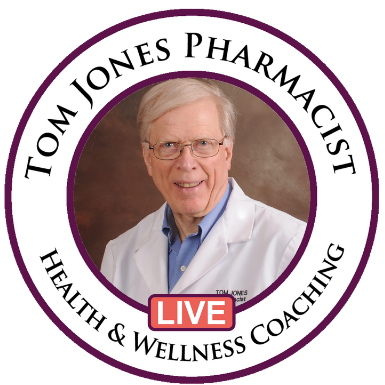
Title: The Battle of Medicine Giants: Unraveling the Differences Between Integrative Medicine and Functional Medicine
Introduction:
As a local independent pharmacy owner committed to providing optimal healthcare choices for my community, I've witnessed the rise of integrative medicine and functional medicine techniques, revolutionizing the approach to healthcare. Despite their similarities, these two philosophies have striking differences that can significantly impact the treatment and well-being of patients. In this article, we will delve into the contrasting realms of integrative medicine and functional medicine, exploring their unique characteristics and providing valuable insights for readers seeking actionable advice for their health and wellness journeys.
1. Defining Integrative Medicine:
Integrative medicine, often situated within conventional healthcare settings, aims to combine elements of alternative medicine with evidence-based practices. This approach focuses on the whole person, considering their physical, emotional, and spiritual well-being. Treatments often encompass a wide range of traditional and non-traditional methods to promote healing and enhance overall health.

For instance, integrative medicine might integrate acupuncture, herbal remedies, and mindfulness techniques alongside conventional treatments.
2. Unveiling Functional Medicine:
On the other hand, functional medicine is a systematic approach aimed at addressing the root cause of ailments, utilizing an in-depth understanding of a patient's unique biochemistry and genetic makeup. It emphasizes the interconnectedness of various bodily systems, striving to treat the underlying imbalances rather than merely masking symptoms. Functional medicine aims to optimize one's health by employing personalized treatments such as nutritional therapy, lifestyle modifications, stress management, and targeted supplementation.
3. A Clash of Philosophies:
While both integrative medicine and functional medicine strive for comprehensive patient care, several key differences set them apart:
a) Treatment Focus:
Integrative medicine emphasizes a diverse range of treatments, often including natural therapies alongside conventional medicine. Functional medicine, on the other hand, focuses on seeking the root causes of illnesses and developing personalized treatment plans, aiming to restore balance within the body.

b) Diagnostic Approach:
Integrative medicine primarily relies on conventional diagnostic tools and procedures to identify and treat illnesses. Functional medicine delves deeper into a patient's medical history, conducts comprehensive laboratory testing, and considers genetic factors to develop a holistic understanding of the individual's health.
c) Collaboration vs. Independence:
Integrative medicine frequently encompasses a collaborative approach, incorporating various healthcare providers working together to optimize patient care. Conversely, functional medicine encourages self-empowerment, allowing individuals to actively partake in their health journeys based on the knowledge provided by their healthcare practitioner.
4. Valuable Insights for Optimal Health:
Now that we have explored the main differences between integrative medicine and functional medicine, let us delve into actionable advice for readers seeking optimal health and wellness:
a) Take a Holistic Perspective:
Regardless of the medical philosophy followed, acknowledging the interconnectedness of our physical, emotional, and spiritual well-being is essential.

By embracing this holistic perspective, we can strive for overall health and balance.
b) Seek Personalized Care:
When selecting healthcare providers, prioritize practitioners who consider your individuality and tailor treatments accordingly. By focusing on personalized care, you can achieve better outcomes and explore therapies that resonate with your unique health condition.
c) Informed Decision-Making:
Educate yourself about various healthcare philosophies, empowering yourself to make informed decisions about your own health. This will enable you to actively participate in developing treatment plans and improving your overall well-being.
Conclusion:
Integrative medicine and functional medicine may appear similar at first glance, yet their approaches and treatment philosophies differ significantly. Both hold valuable perspectives in the realm of healthcare, offering options for patients seeking comprehensive care. By understanding the divergent philosophies, patients can embark on their wellness journeys equipped with knowledge, actively engaging in their healthcare decisions.
As an independent pharmacy owner, my team and I are dedicated to supporting patients in navigating these approaches, ensuring they receive the optimal care they deserve.
 Add Row
Add Row  Add
Add 




Write A Comment